India has shown no signs of complying with Bangladesh’s formal request from New Delhi to extradite former Prime Minister Sheikh Hasina. Hasina fled to India earlier this year amid massive student-led protests against her rule.
Bangladesh’s foreign affairs adviser Mohammad Tauheed Hossain told local reporters earlier this week that the country’s interim government had informed India about its request to send Hasina back for “judicial process”.
India confirmed receipt of the request. India’s Foreign Ministry spokesman Randhir Jaiswal said on Tuesday, “At this time, we have no comment to give on this matter.”
Foreign policy experts in India have suggested that Hasina cannot be sent back to Bangladesh so easily.
Former Indian High Commissioner to Bangladesh Pinak Ranjan Chakraborty told VOA via WhatsApp that when Hasina was sent to India by the army for her safety, there was no legal case against her. This would complicate extradition, he said, because it is a judicial process that requires solid evidence of a crime.
“In addition, bilateral extradition treaties contain political exception clauses as well as fair treatment and protection clauses. Unless these conditions are met, extradition may be refused,” Chakraborty said.
Officials associated with Bangladesh’s caretaker government said Hasina committed several major crimes during her 15-year rule to capture power.
Nahid Islam, a Bangladeshi student activist who serves as an adviser to the interim government, told VOA by phone that it is impossible to ensure proper democracy in the country unless Hasina is prosecuted.
Islam referred to incidents in the July–August protests, where peaceful student demonstrations turned deadly after security forces, acting on Hasina’s orders, cracked down violently.
“More than 1,000 students and other protesters and children were killed during the July-August uprising. Hasina is the main accused in these cases,” he said. “He must undergo trial in Bangladesh and be held accountable for his actions.”
The Dhaka-based International Criminal Tribunal, a justice court that investigates and prosecutes domestic war crimes, has issued an arrest warrant against Hasina and her associates. He has been accused of plotting genocide during the 2024 protests, along with “other crimes against humanity” during his 15-year rule.
Student leader Islam said that apart from the crimes committed during protests this year, Hasina is also responsible for several illegal acts during her rule.
“He led a government that carried out thousands of enforced disappearances and extrajudicial killings. He is also accused of widespread misconduct during his rule,” Islam told VOA.
Islam said the interim government would ensure justice for all victims of student protest mass killings and other crimes committed under Hasina’s rule.
“We believe it is our responsibility.”
Zafar Shobhan, editor of Bangladeshi English daily dhaka tribuneSaid that the country’s demand for Hasina’s extradition is not only justified, but it should be unquestionable and acceptable to anyone “who cares about justice”.
“Sheikh Hasina is credibly accused of extremely serious crimes. In addition to being accused of the murder of hundreds of people during the mass uprising against her misrule in July and August, and abuse of power, extrajudicial killings, enforced disappearances, “There was massive corruption and looting of the government treasury during his rule,” Shobhan told VOA in an email.
Shobhan said Hasina should be prosecuted to send a message that no one is above the law even when in power.
“Rulers need to know that there will be accountability for their misdeeds, otherwise Bangladesh will continue to suffer misrule,” he said.
Sheikh Hasina, who is reportedly staying around New Delhi at accommodation provided by the Indian government, has not commented after Bangladesh sought her extradition from India.
But a senior leader of Hasina’s Awami League party said the allegations against the ousted prime minister were “baseless”.
“Allegations of human rights violations, including enforced disappearances and extrajudicial killings, and other alleged misconduct during the regime [former] Prime Minister Sheikh Hasina is nothing but baseless propaganda. A lot of time has passed since August 5, but they have not been able to make or prove any specific allegations against their government,” Sofiul Alam Chowdhury Nadel, organizing secretary of Hasina’s party, told VOA via text on WhatsApp. Told to.
Former Bangladeshi diplomat Khalilur Rahman said it was irrefutable that Hasina committed “heinous crimes” which the world saw happening in real time. He said Bangladesh will hold them accountable, as they are bound to follow the tribunal’s directions.
“We hope the Indian government will cooperate. We must be careful to abide by the extradition treaty between our two countries,” Rahman told VOA on WhatsApp. He is the senior representative of Muhammad Yunus, the chief advisor leading the interim government of Bangladesh.
Student leader Islam said the interim government would resort to all legal and diplomatic means to bring Hasina back to Bangladesh to face trial.
Islam said, “India should cooperate in the process of democratic transition in Bangladesh by extraditing Sheikh Hasina for trial in our country. In this way we…both countries…can strengthen our diplomatic relations.”
He said, “If India does not extradite Hasina, India will be taking the side of fascism and standing against democratization in Bangladesh.”
John Danilowicz, a retired US diplomat who served in Bangladesh, said that even if India refuses to extradite Hasina, it is worthwhile for Bangladesh to pursue the request.
“This will serve as a constant reminder that Bangladesh will continue to seek justice. For its part, India will have to choose whether it stands with the Bangladeshi people or with the ousted dictator. Similarly, Bangladesh will not have to rely on India for Hasina’s Press for the return of operatives who “also sought asylum across the border,” Danilowicz told VOA.
“India’s reluctance to return these fugitives will be more difficult to defend as it tries to establish itself as a great power,” Danilowicz said.
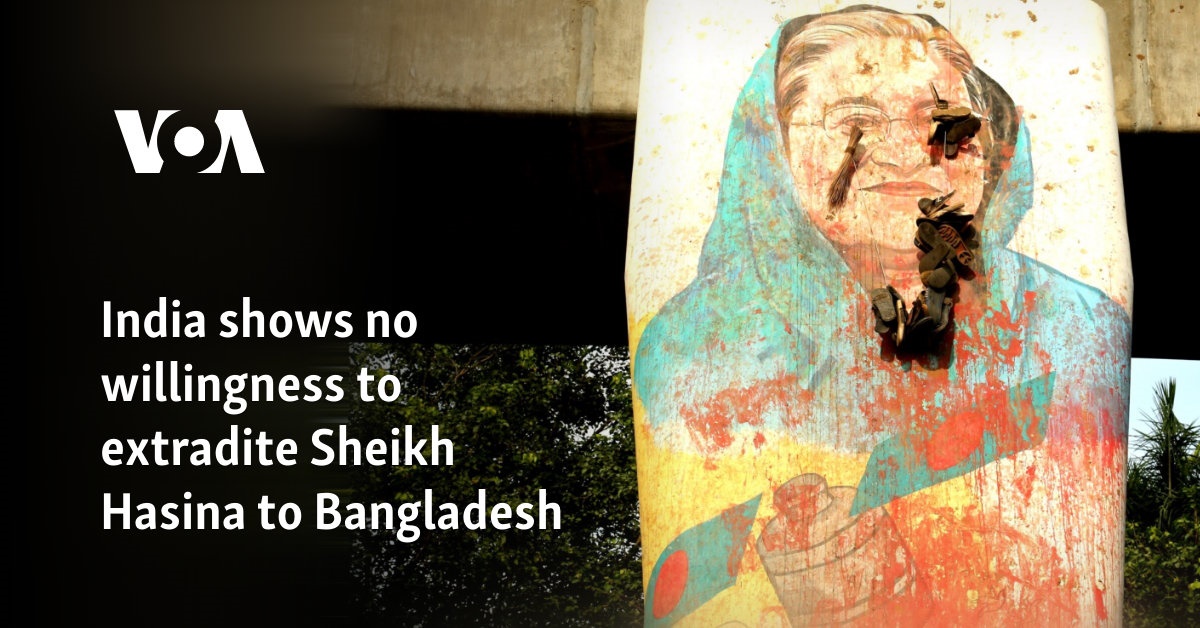
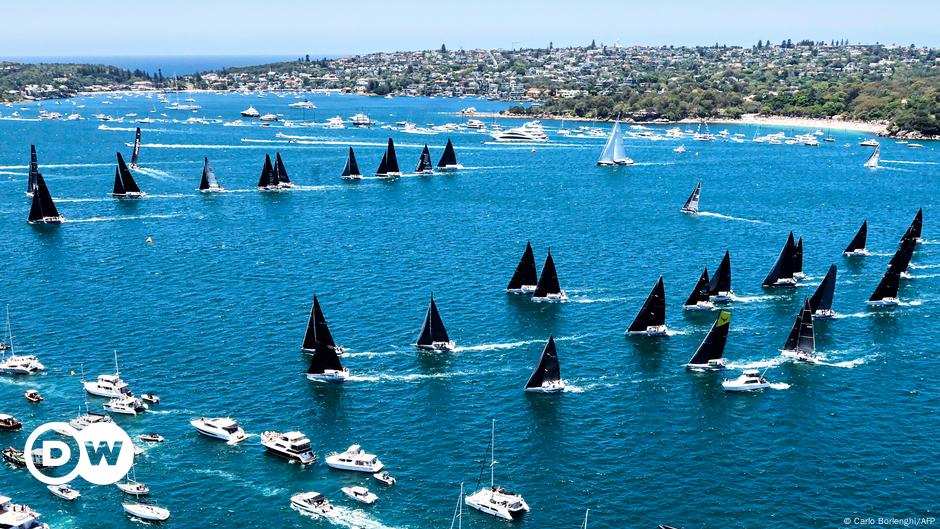
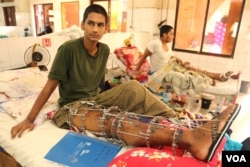
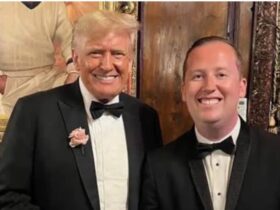


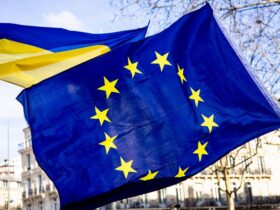
Leave a Reply